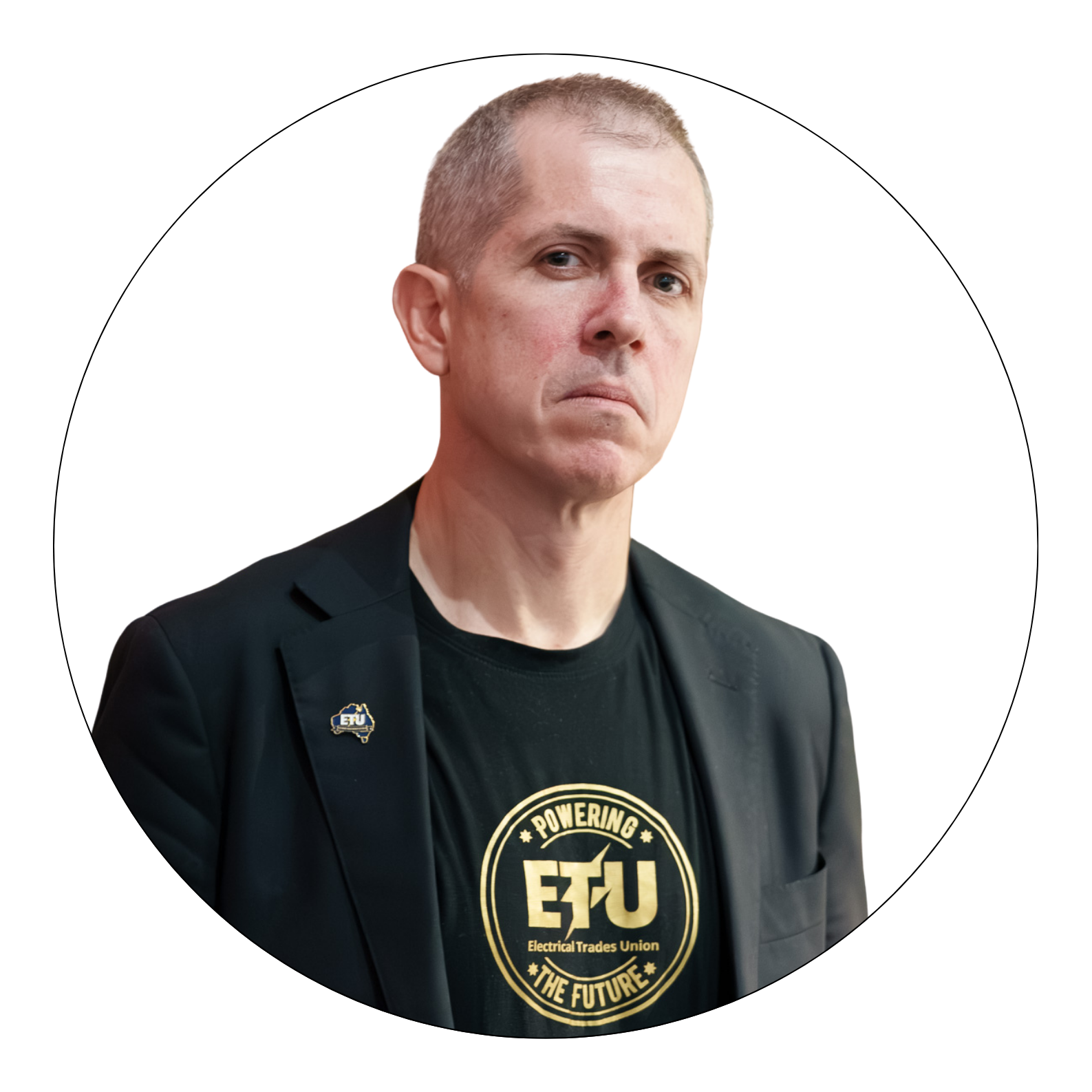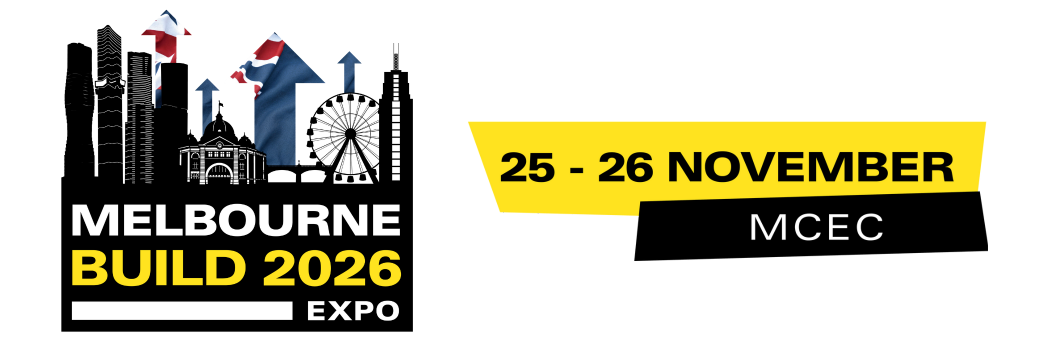Mentoring the Next Generation: The ETU's Initiatives for Women in Trades
)
About Michael Wright
Michael Wright is the National Secretary of the Electrical Trades Union. Since joining the Union in 2007, Michael has represented electrical workers across Australia and the region. He is committed to advancing members’ rights and ensuring a bright future for the workers delivering our energy transition.
1. Can you introduce your organization and share its mission?
The Electrical Trades Union (ETU) is the union for electrical and electrotechnology tradespeople and apprentices in Australia, representing over seventy thousand workers around the country. The ETU has been a consistent advocate for better resourcing and support of electrical apprentices, including working to get more women to take on electrical apprenticeships.
2. What are the biggest opportunities and challenges currently facing the construction sector?
The energy transition is an unprecedented opportunity for electrical workers across the country, especially in the construction industry. The energy transition will be built by electrical workers – in essence it is one huge electrical project. However, the challenge is ensuring there are enough electrical workers to get the work done. Currently we have a forecast shortfall of 42,500 electricians that are required to meet the country’s 2030 emission reduction targets. Yet at the same time, in the middle of this skills crisis, less than 4% of electricians are women. The only way to ensure we meet the target of needing over 40,000 electrical workers by that time is to ensure we are making trade pathways accessible to more than just 50% of the population - making these trades more accessible to women. And working to improve apprentice take-up and completion rates - we need a better, more supportive apprentice pathways, with increased mentoring support and trade school places and greater funding for TAFE and industry-led Registered Training Organisations (RTO’s). In this, the mentoring piece is key – over one third of apprentices don’t complete their apprenticeships. We simply cannot have such a lackadaisical approach. To get this energy transition built, we need to be aiming to have every apprentice finish.
3. What role does your organization play in the construction and design industry?
For over 100 years the ETU has been the union for electrical workers in Australia. We use our collective strength to achieve positive industrial, political and social results. The ETU works to ensure the industries our members work in are safe industries. We work to maintain and defend the electrical license and to ensure the electrical work performed and licensed in Australia is of the highest standard – a standard our members hold as a badge of honour. We work for the constant advancement of the electrical trades and the ongoing recognition of the skills required to work in the electrical trades. The ETU advocates for apprentices and having secure, safe apprenticeships because we know all apprentices are the future of all the electrical trades. And we are constantly working to get more women into the electrical trades, including in the construction industry.
4. Can you share any recent trends in the construction industry that you find particularly exciting?
It’s exciting we are seeing more women come into the electrical industry across the country. There’s still a lot of work to do to improve that and we need more women involved, but there is a greater acceptance that the construction industry is absolutely a place for women, and the ETU is constantly advocating for that.
5. What initiatives does your organization have in place to engage with the next generation of construction leaders?
The ETU knows it is crucial we have more women in our trades as we transition to a renewable energy future. And the jobs in that future need to be good, safe, well-paid jobs. That’s why the ETU is proud to be the leading partner in the Big Sister Program being delivered in South Australia and Western Australia. The Big Sister: Advance Mentoring SA/WA project drives transformational change in the construction and clean energy sectors by implementing an access and retention program for women apprentices, led by women for women. The Big Sister project is funded by a Building Women’s Careers Grant from the Department of Employment and Workplace Relations. The project is delivered by the ETU and project partners Energy Skills Australia, University of Sydney, PEER (South Australian RTO and GTO), College of Electrical Training/EGT (Western Australian RTO and GTO), NECA, NSG Boffa and Nilsen WA.
Currently only 2 percent of licenced electricians in WA and SA are women. Big Sister supports and advances the participation of women in the electrotechnology and clean energy sectors in South Australia and Western Australia. The project delivers a pre-vocational training program, mentoring, industry awareness events, and support and resources for employers to improve gender equity in traditionally male-dominated trades.
6. What advice would you give to new professionals entering the industry?
If you’re coming into the industry as a worker in the electrical trades, join the Electrical Trades Union and stand with the tens of thousands of members across the country working to make the construction industry and all the electrical trades the safest and most secure industries we can. And if you are a woman, looking to start your career, seriously consider becoming an electrician. It’s a great career that can take you anywhere.
Social media platforms:
ETU website - https://www.etunational.asn.au/
ETU FB page - https://www.facebook.com/ETUNational
Big Sister website - https://bigsisterprogram.com.au/
Big Sister FB page - https://www.facebook.com/BigSisterProgram

